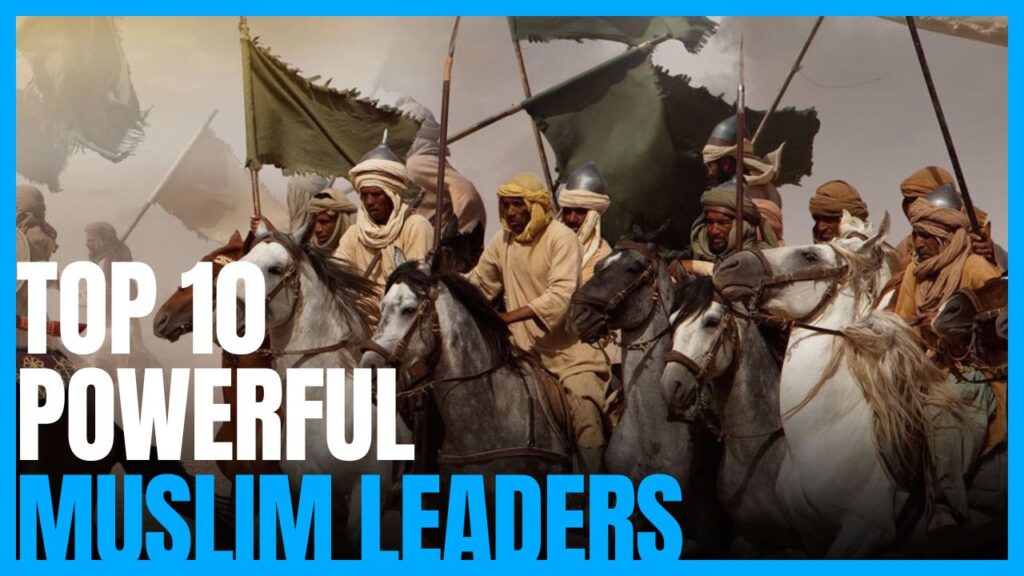
The history of Islam is long and eventful, and it can be traced back to a number of influential people who have shaped the faith and its adherents over the course of several centuries. There have been many influential Muslim leaders throughout the history of Islam who have left their mark on the world, from the earliest days of the religion to the present day. In this article, we will discuss some of the most influential Muslim leaders in the history of the religion, as well as the impact these individuals had not only on the Islamic world but also on other parts of the world.
10. The Cultural Renaissance of Moorish Spain under Caliph Abd al-Rahman III
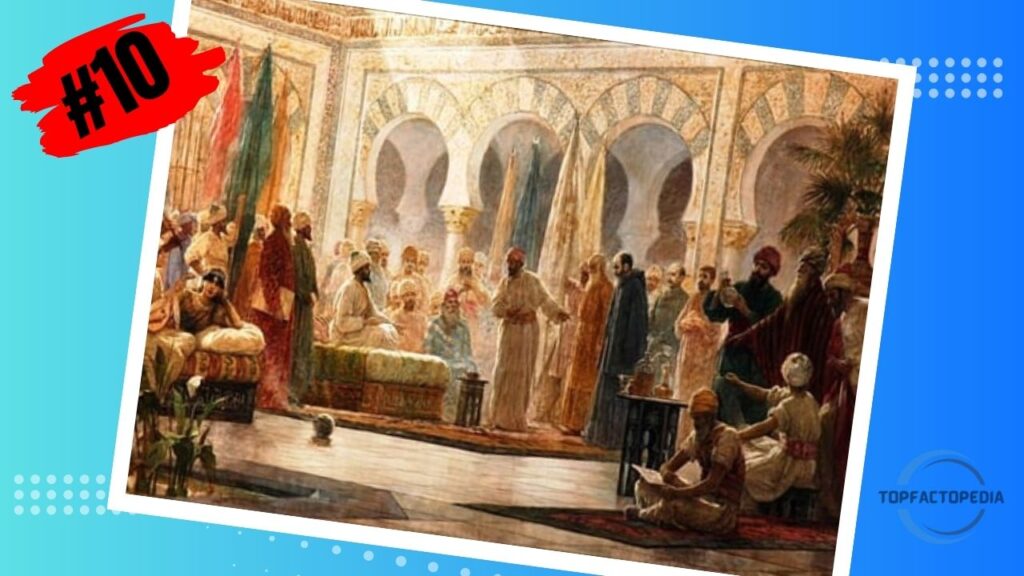
Caliph Abd al-Rahman III, the ruler of the Umayyad dynasty in Al-Andalus (also known as Moorish Spain), presided over an extraordinary period of cultural and intellectual flourishing. His reign, which lasted from 912 to 961 CE and was known as the Caliphate of Cordoba, was a defining moment in the development of Islamic civilization. Caliph Abd al-Rahman III is credited with establishing a sophisticated court that served as a magnet for intellectuals, artists, and philosophers from all over the Islamic world.
9. Empress Razia Sultana
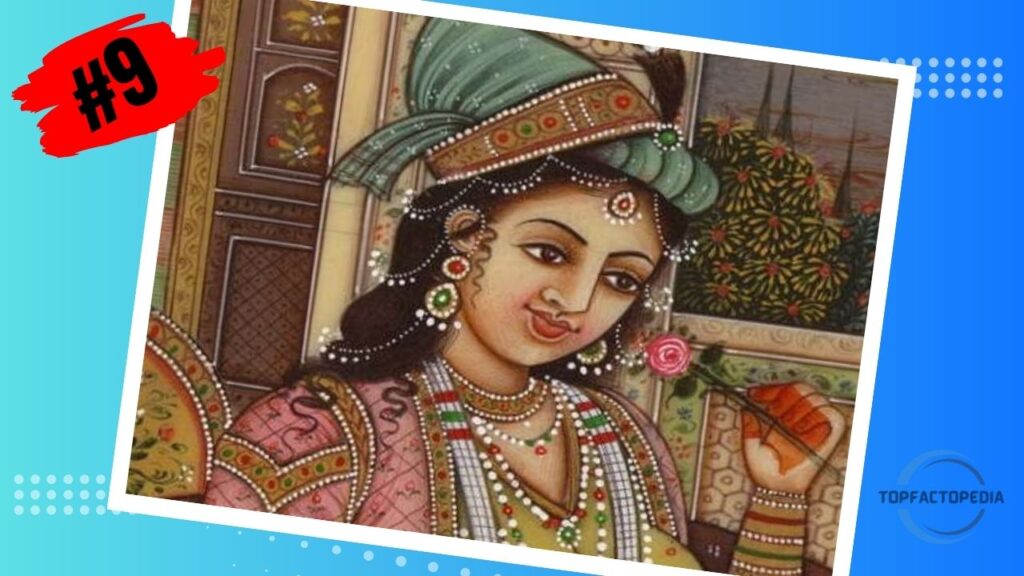
Empress Razia Sultana, daughter of Sultan Iltutmish, defied the expectations of society and went on to become one of the few female Muslim rulers in the history of the religion. She displayed remarkable political astuteness and leadership skills upon ascending to the throne in 1236. The administrative structure of the Delhi Sultanate was improved as a result of the reforms implemented by the Empress Razia Sultana. She worked towards creating a society that was just and welcoming to people of all backgrounds by encouraging religious tolerance and selecting public officials on the basis of their merit as opposed to their birthright.
8. Ayatollah Khomeini
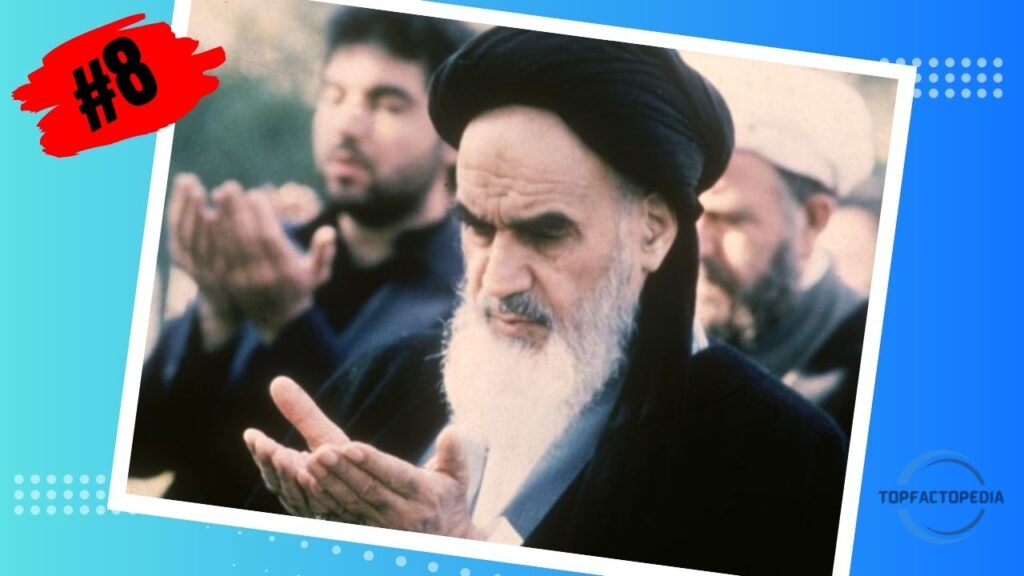
Ayatollah Khomeini is widely regarded as one of the most influential Muslim leaders of the modern era. In 1979, he led the Islamic Revolution that broke out in Iran and is credited with starting the movement. He instituted Islamic law and established the Islamic Republic of Iran, thereby transforming Iran into a theocratic state. His leadership had a significant effect not only on the Middle East but also on the rest of the Islamic world, and the legacy he left behind continues to influence Iranian politics to this day.
7. The Visionary Leadership of Caliph Harun al-Rashid
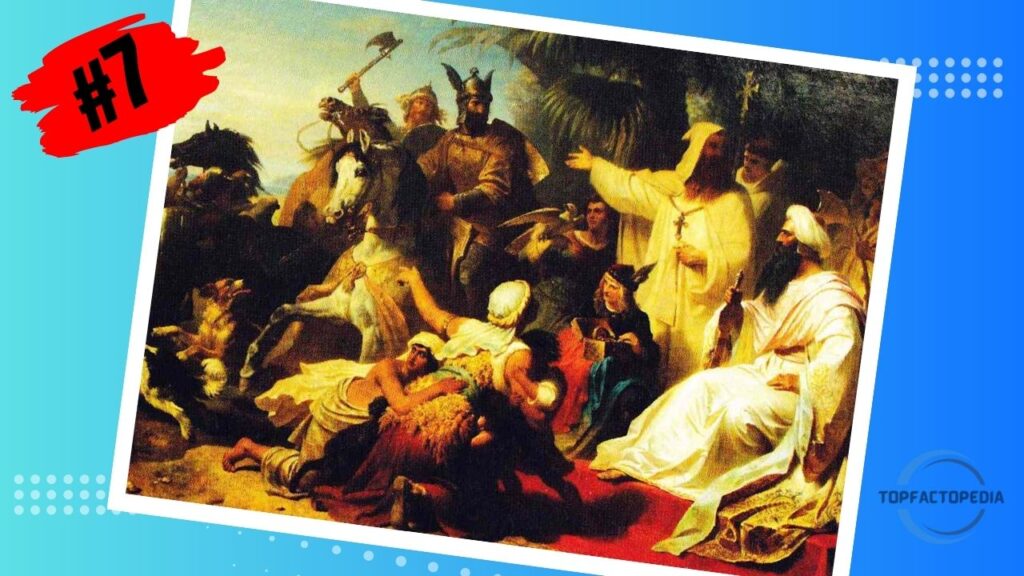
Caliph Harun al-Rashid, who ruled during the Abbasid Caliphate, is famously remembered for his visionary leadership and his support of the arts and sciences during his reign. The Islamic world went through a period of immense cultural and intellectual development known as the “Golden Age of Islam” while he was in charge. This period gets its name from him. In Baghdad, the Caliph Harun al-Rashid is credited with establishing the House of Wisdom, which later developed into a hub for academics and intellectuals hailing from a variety of different cultures. He was a proponent of the translation of Greek, Persian, and Indian texts into Arabic, which aided in the maintenance and spread of knowledge.
6. Shah Jahan
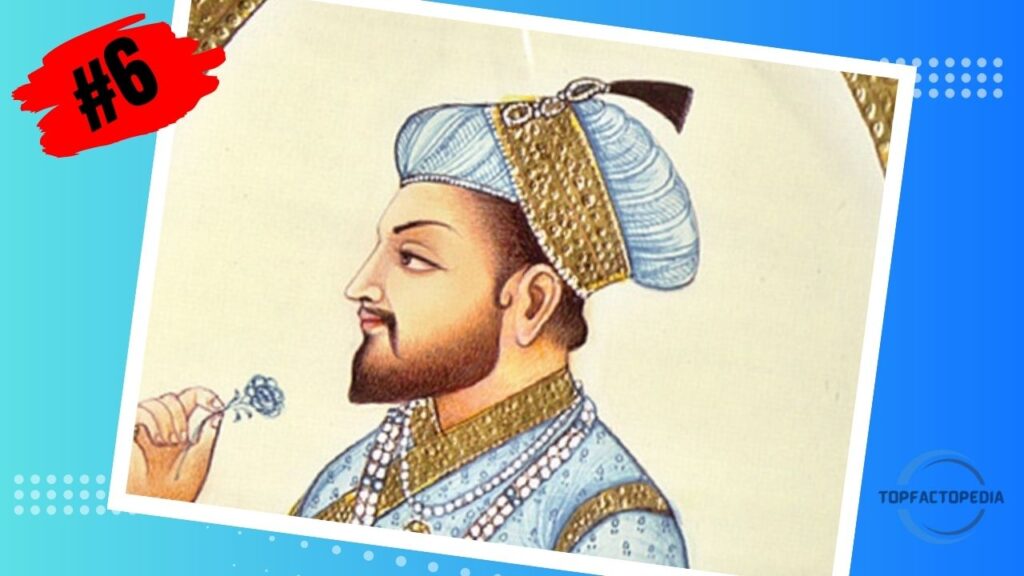
During his reign, which lasted from 1628 until 1658 AD, Shah Jahan was the Mughal Emperor who ruled India. He is most well-known for giving the order that started construction of the Taj Mahal, which is widely regarded as one of the most stunning structures in the entire world. His rule was characterised by the flourishing of art and culture, and he was well-known for his patronage of the arts as well as architecture during that time.
5. Suleiman the Magnificent
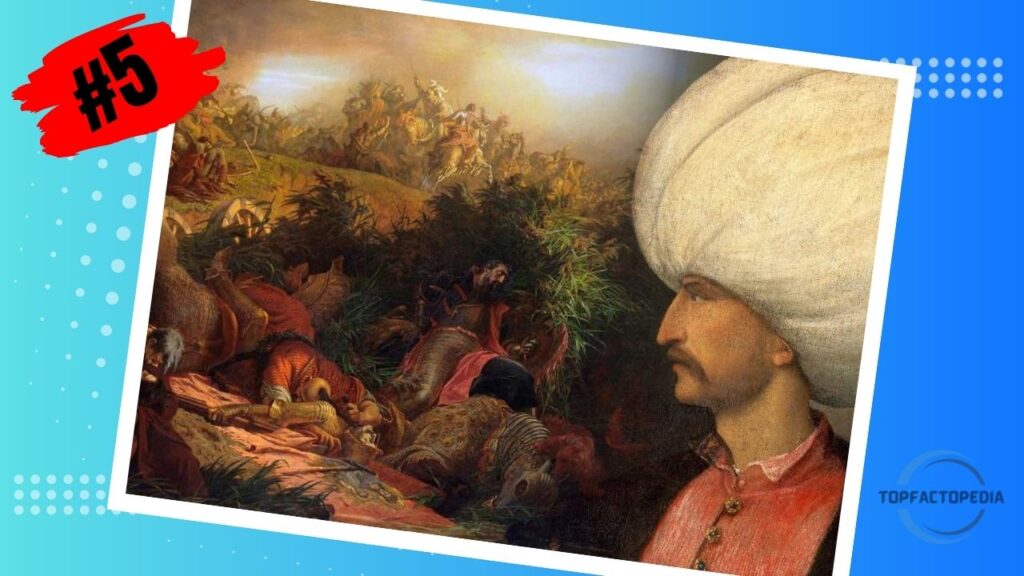
Suleiman the Magnificent served as the 10th Sultan of the Ottoman Empire and is widely regarded as one of the most influential Muslim leaders in the history of the religion. Between the years 1520 and 1566 AD, he was the ruler of the Ottoman Empire and grew it to its greatest extent, incorporating large portions of Eastern Europe, North Africa, and the Middle East. He was renowned for his military prowess as well as his support of the arts, which contributed to the rise of the Ottoman Empire’s golden age of culture.
You May Also Like: 10 Most Successful Generals Of All Time
4. Saladin
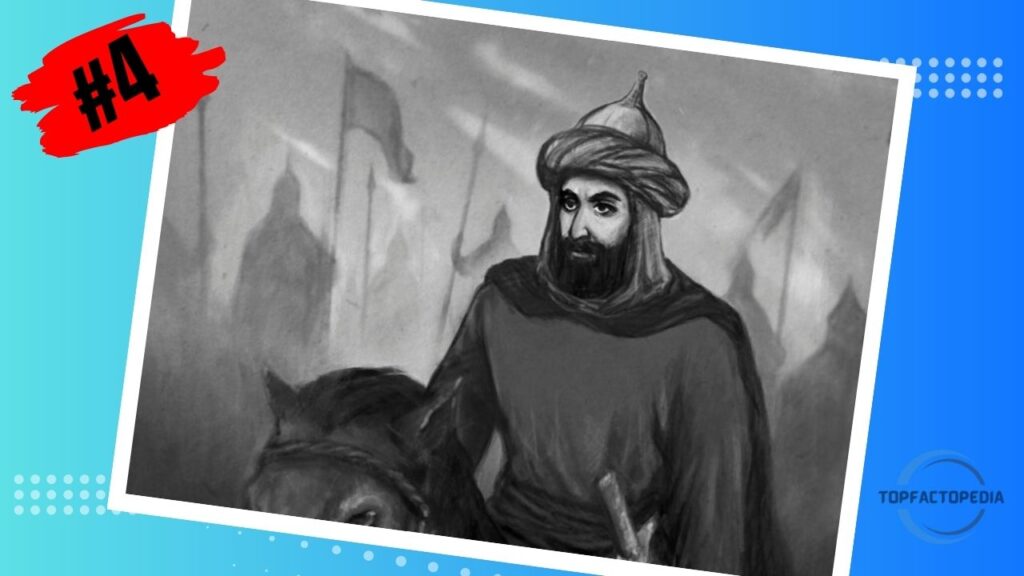
Muslim leader who lived in the 12th century and is best remembered for his participation in the Crusades. Saladin. In 1187, he was successful in driving the Crusaders out of Jerusalem and went on to found a Muslim empire that encompassed a large portion of the Middle East. He was well-known for his chivalry and generosity, and his leadership played an important role in bringing Muslims together to fight the Crusaders.
3. Caliph Umar ibn Al-Khattab

Umar ibn Al-Khattab, Abu Bakr’s successor, is widely regarded as one of the most powerful and just rulers in the annals of Islamic history. During his reign, which lasted from 634 to 644 AD, he expanded the Muslim empire even further and established Medina as the very first capital of the Muslim empire. In addition to this, he enacted reforms and laws that assisted in the advancement of justice and equality for the general populace.
2. Caliph Abu Bakr
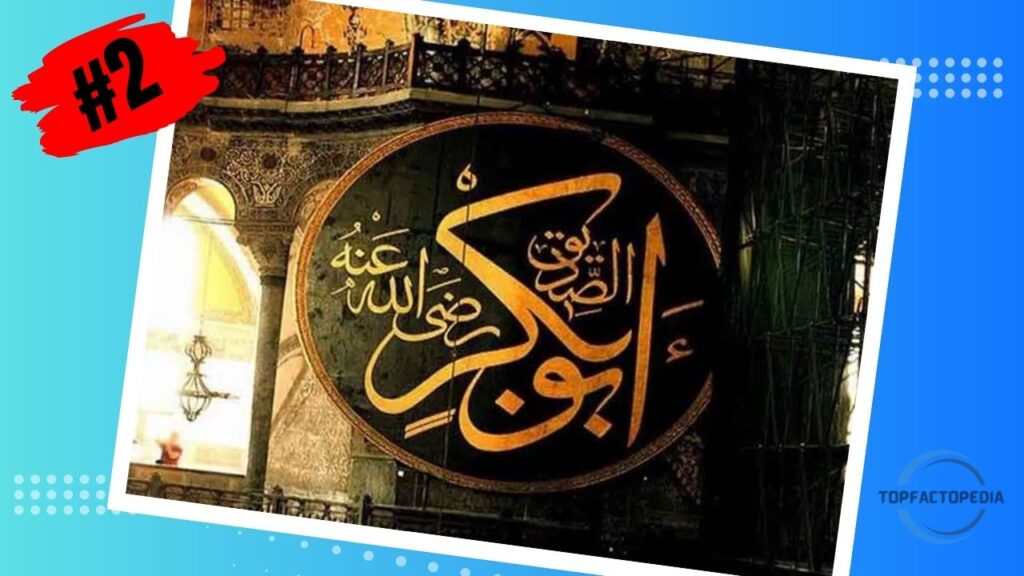
Caliph Abu Bakr was the first person to succeed Prophet Muhammad as leader of the Islamic community after Muhammad’s death. He reigned from 632 to 634 AD. During the brief time that he was in power, he was able to suppress rebellions and expand the Muslim empire, including the conquest of Syria and Iraq. The Islamic State owes a great deal of its foundation to the direction that he led it in.
You May Also Like: Top 7 Most Genius and Smartest Countries in the World 2023
1. Prophet Muhammad (SAW)
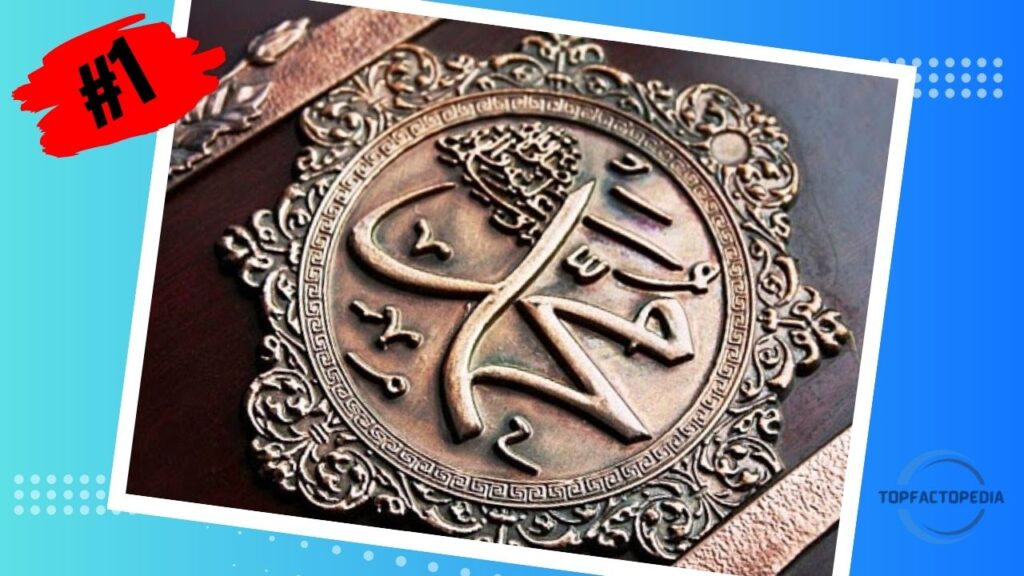
The Prophet Muhammad is recognised as the most influential figure in the history of Islam because he is the person who is credited with founding the religion of Islam. He was born in Mecca in the year 570 AD, and he began receiving revelations from Allah when he was 40 years old. After that, he spent the rest of his life spreading the message of Islam. His teachings continue to serve as a source of inspiration and direction for Muslims all over the world, and he is credited with uniting the Arabian Peninsula under Islam.
Conclusion
In conclusion, throughout its history, the Muslim world has been blessed with many powerful leaders, beginning with the early days of Islam and continuing up until the present day. These leaders have influenced the religion and the people who adhere to it, grown empires, and left an indelible mark on the entire world. The fact that their legacies continue to inspire and direct Muslims all over the world today demonstrates that they were the most influential Muslim leaders in the history of the religion.
Few More Queries
- Who is the Largest Muslim Populated Country in the world?
The largest Muslim population in a country is in Indonesia, a country home to 12.7% of the world’s Muslims, followed by Pakistan (11.1%), India (10.9%), and Bangladesh (9.2%).
- Who is the lion of Islam?
Hazrat Hamza fought with great fearlessness in the battle of Uhud and his heroic feats on the battlefield become legendary in Muslim military history.
- Who was called the Tiger of Islam?
Tipu Sultan (Sultan Fateh Ali Sahab Tipu; 1 December 1751 – 4 May 1799), also known as the Tiger of Mysore, was the Indian Muslim ruler of the Kingdom of Mysore based in South India.




Your article helped me a lot, is there any more related content? Thanks!